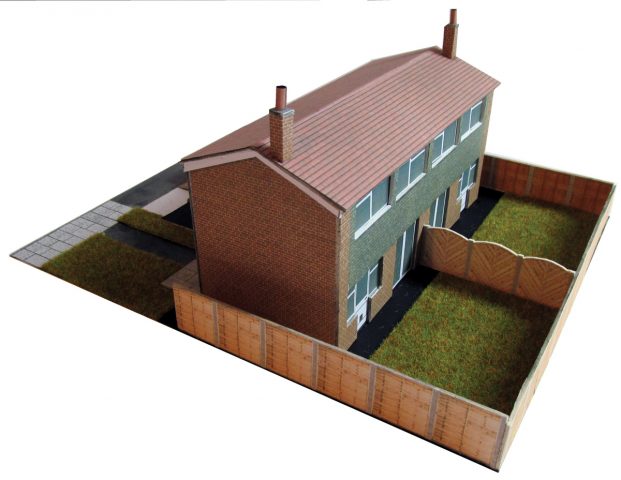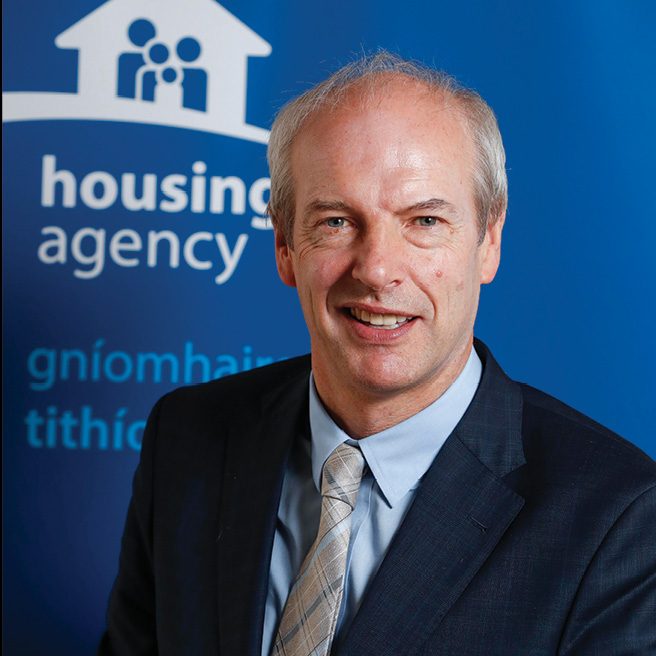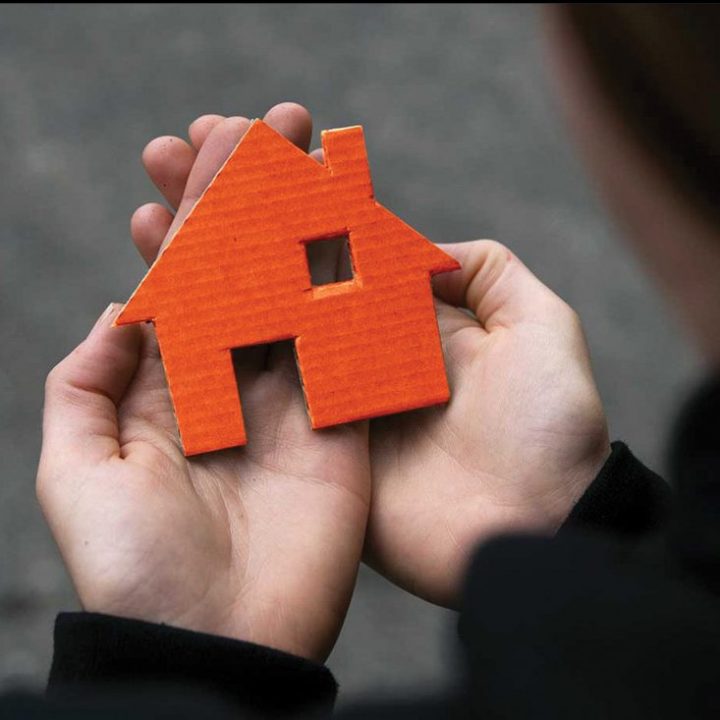
Ireland’s exploding housing emergency
19th July 20172017_conference
27th November 2017Calls for establishment of one-stop-shop to support housing associations

The contribution of housing associations in a housing market starved of new supply has been spotlighted by the Irish Council for Social Housing (ICSH). The organisation’s Chief Executive Officer Donal McManus has expressed his concern at the lack of progress on the establishment of a coordination unit, or a one-stop-shop, to support housing associations.
“This unit was to be established in quarter three of 2016 to provide sites for new builds by housing associations and to ensure better coordination across the various funding streams,” he says.
“Housing associations have ramped-up their capacity in order to deliver one-third of the Government’s social housing target of 47,000 homes to the tune of approximately €1 billion.
“To do this, we need sites delivered, and a coordination unit to manage a development pipeline for housing supply.”
Meanwhile, ICSH President Justin O’Brien said that the impact of housing associations on reducing the number of households on an ever-growing housing waiting list consistently fails to be recognised.
Speaking at the recent ICSH annual meeting O’Brien called on the government to address the incomplete action on key commitments identified in the recently published Rebuilding Ireland – Action Plan for Housing and Homelessness in Ireland.
He further emphasised the need for a partnership approach between housing associations, the Department of Housing and the construction industry.
“It is essential that the construction industry rises to the challenge of delivering affordably-priced housing. The trend for new builds in the Dublin region priced at levels for affluent buyers is not helping to relieve the pressure at the lower and middle ends of the market,” he adds.
Further concerted actions to progress the commitments of Rebuilding Ireland have been identified by ICSH. These include the development of an active land management plan for residential building sites for social housing.
ICSH also agrees with the policy of investing in new, rapid build methods of housing (modular housing) to be used as a standard social housing delivery vehicle, and not just for emergency housing.
According to ICSH, the most recent Rebuilding Ireland Action Plan for Housing and Homelessness quarterly progress report identifies 17,434 hectares of land zoned residential nationally (serviced and un-serviced), enough for 414,000 new homes.
In Dublin, there are enough lands to deliver 50,000 new homes with planning permission already in place for 27,000 new units across the metropolitan area.
ICSH has welcomed the recent publication of the Housing Land Map for Ireland. This identifies sites available for housing in local authority ownership totalling 1,700ha as well as key urban sites in semi-state ownership, amounting to 700ha.
It views this development as being important in the context of its quest to have a single, coordinating unit for housing associations.
Commenting on this development Kathleen McKillion, ICSH Director of Operations, says: “The ICSH welcomes the former Housing Minister’s call for local authorities to present development plans by September 2017 for more than 2,000 hectares of public and semi-state land.
“These sites present an opportunity for housing associations across the county to work in partnership with local authorities and private sector developers to build affordable homes.
She adds: “We’ve been calling for the Government to embed an active land management strategy into the housing system to ensure a continuous pipeline of building land for social housing.
“The publication of the Housing Land Map means the Government now has the tools to do this. This is part of a long-term vision: we expect this to inform the evidence-based planning that is much needed to deliver on the Ireland 2040 National Planning Framework.”





